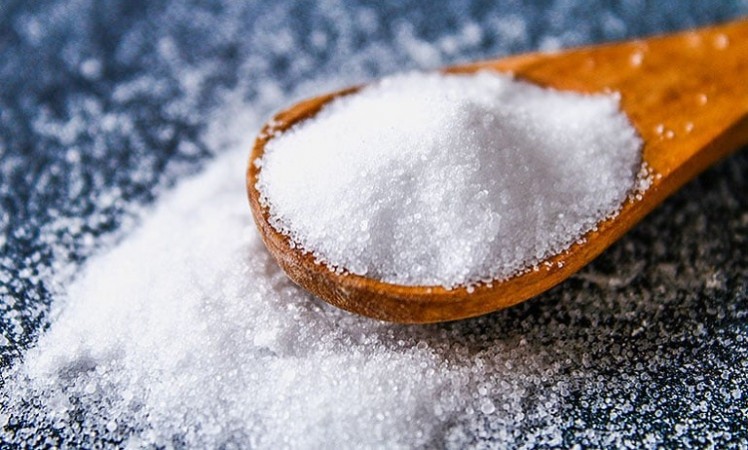
Beware of Salt: Know the Impact of Excessive Salt Consumption on Health- In the realm of dietary culprits, sugar has long been cast as the arch-villain in the narrative of health concerns. However, recent studies have illuminated another suspect lurking in our diets: salt. It's not just the sweet cravings that could lead to health issues like diabetes; excessive salt intake has emerged as a significant factor in this conversation. The prevalence of our salt-laden culinary habits, from cooking to seasoning at the table, often goes unnoticed. Yet, this habitual reliance on salt can have profound implications on our health, notably contributing to the development of diabetes.
For many, the fondness for salt is deeply ingrained in their food preferences. Some add salt during the cooking process and then sprinkle more before indulging in a meal. This affinity for salt can border on addiction, affecting not only taste but also health. Studies have drawn attention to the adverse impact of salt consumption on diabetes, suggesting that it's not just sugar that should be under scrutiny in our diets.
Health experts have underscored that excessive salt consumption can heighten the risk of type 2 diabetes. The correlation between salt intake and the onset of diabetes is gaining traction, shedding light on an aspect of our diets that might have been overlooked in previous health discussions. Consuming high amounts of salt has been shown to stimulate an increased appetite, potentially leading to obesity—a known risk factor for diabetes. Researchers emphasize that this elevated risk of diabetes is notably higher among individuals who regularly incorporate excessive salt into their daily diet compared to those who consume salt more moderately.
The mechanism through which salt contributes to diabetes risk involves a complex interplay within the body. Excessive salt intake disrupts the delicate balance, causing changes in insulin sensitivity and secretion. These alterations can pave the way for insulin resistance, a hallmark of type 2 diabetes. Moreover, the propensity of high salt consumption to induce obesity further exacerbates the risk, forming a troubling synergy that amplifies the likelihood of developing diabetes.
Addressing the salt-diabetes nexus necessitates a paradigm shift in dietary habits and awareness. Encouraging moderation in salt consumption is vital in mitigating these risks. While salt undoubtedly enhances flavors and is an essential nutrient, the key lies in moderation and conscious consumption. Adopting healthier cooking practices, exploring alternative seasoning options, and being mindful of processed foods—often laden with hidden salt—are crucial steps in managing salt intake.
Education and awareness campaigns play a pivotal role in empowering individuals to make informed choices about their diets. Equipping the populace with knowledge about the detrimental effects of excessive salt consumption on health, specifically its link to diabetes, can foster a shift towards healthier dietary patterns.
The spotlight on health risks associated with dietary habits has expanded beyond sugar to encompass salt as a significant contributor, particularly in the context of diabetes. Acknowledging the adverse impact of excessive salt consumption on health, including its correlation with diabetes, underscores the urgency for a comprehensive approach to dietary wellness. Embracing moderation, informed choices, and a deeper understanding of the intricate relationship between diet and health will pave the way for healthier lifestyles, reducing the risk of diabetes and its associated complications.